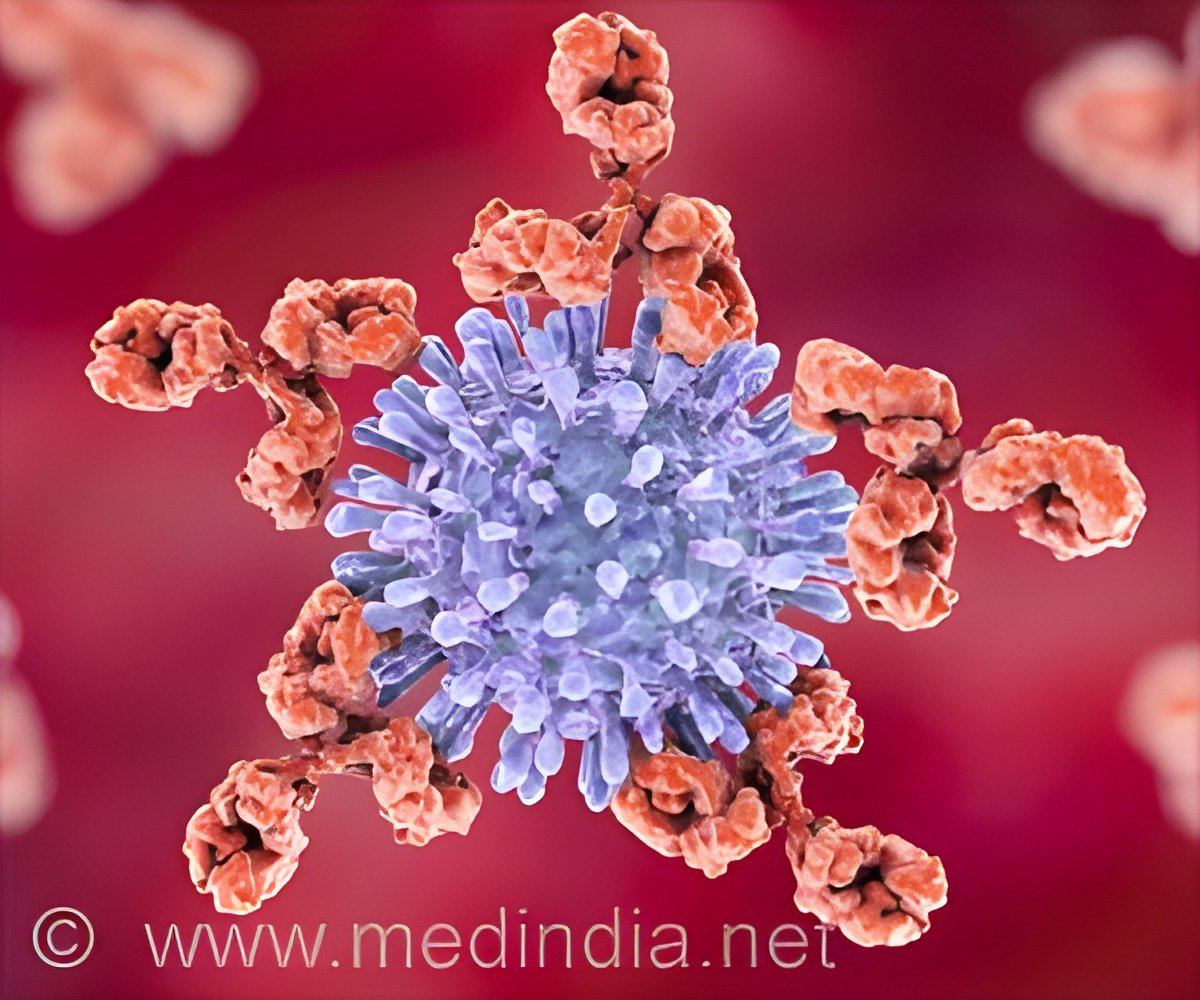Dr Zhang’s research group, whose research focus is data science, successfully developed “Graph Convolutional Network for Drug Synergy (GraphSynergy)”. It is a new AI framework that can make synergistic chemotherapy drug combination predictions.
By analyzing the relations between the protein modules targeted by drugs and the protein modules associated with cancer cell lines in the human protein-protein-interaction network (PPI), and the interrelations among the protein modules, this deep-learning-based algorithm can identify synergistic drug combinations that yield effective therapy with less toxicity.
Dr Zhang explained that the human body is a complex system, in which proteins in cells have numerous interactions and form a complex PPI network. Cancer cells are usually associated with multiple proteins, which have direct and indirect interrelations among each other and with other proteins in the PPI network.
“How to mix and match multiple drugs to treat cancer is therefore very challenging. considering the complexity of the PPI network. So, we used AI to analyze the proteins that are targeted by drugs and the cancer cells, as well as the interrelations among the proteins, to help predict synergistic cancer drug combinations accurately,” said Dr Zhang.
He emphasized that the predictions are made by looking directly targeted proteins by drugs and the cancer cells, and the relations between the proteins, thus yielding a superior performance in identifying the best synergistic anti-cancer drug combination of low toxicity.
The research team compared the prediction performance of GraphSynergy with conventional prediction models and “DeepSynergy”. They found that GraphSynergy’s prediction performance is better in identifying synergistic drug combinations.
To verify the predictions made by GraphSynergy, researchers selected verified synergistic drug combinations to run the algorithm. And GraphSynergy predicted such combination is synergistic too.
The therapeutic effect of one of the drug combinations is considered not significant. But, GraphSynergy predicted it as pharmacologically effective.
Researchers investigated that drug combination by reviewing the literature. It turned out that its effectiveness is recently verified in a clinical trial study. Dr Zhang believed that this illustrated the forecast and prediction capability of AI algorithms.
GraphSynergy could identify the pivotal proteins that play a role in making the cancer drugs effective. Such insight helps healthcare professionals to understand the predictions and provide guidance in future drug development.
“Our AI framework has the potential of optimizing cancer treatment at a low cost. We hope that it can provide grounds for doctors and patients to make medical decisions. Our next step will be applying the framework in drug development for cancer and other diseases,” concluded Dr Zhang.
To explore the translation of their research into an actual application, core members of the research team has established “COMPASS Health Technology”.
Source: Medindia



